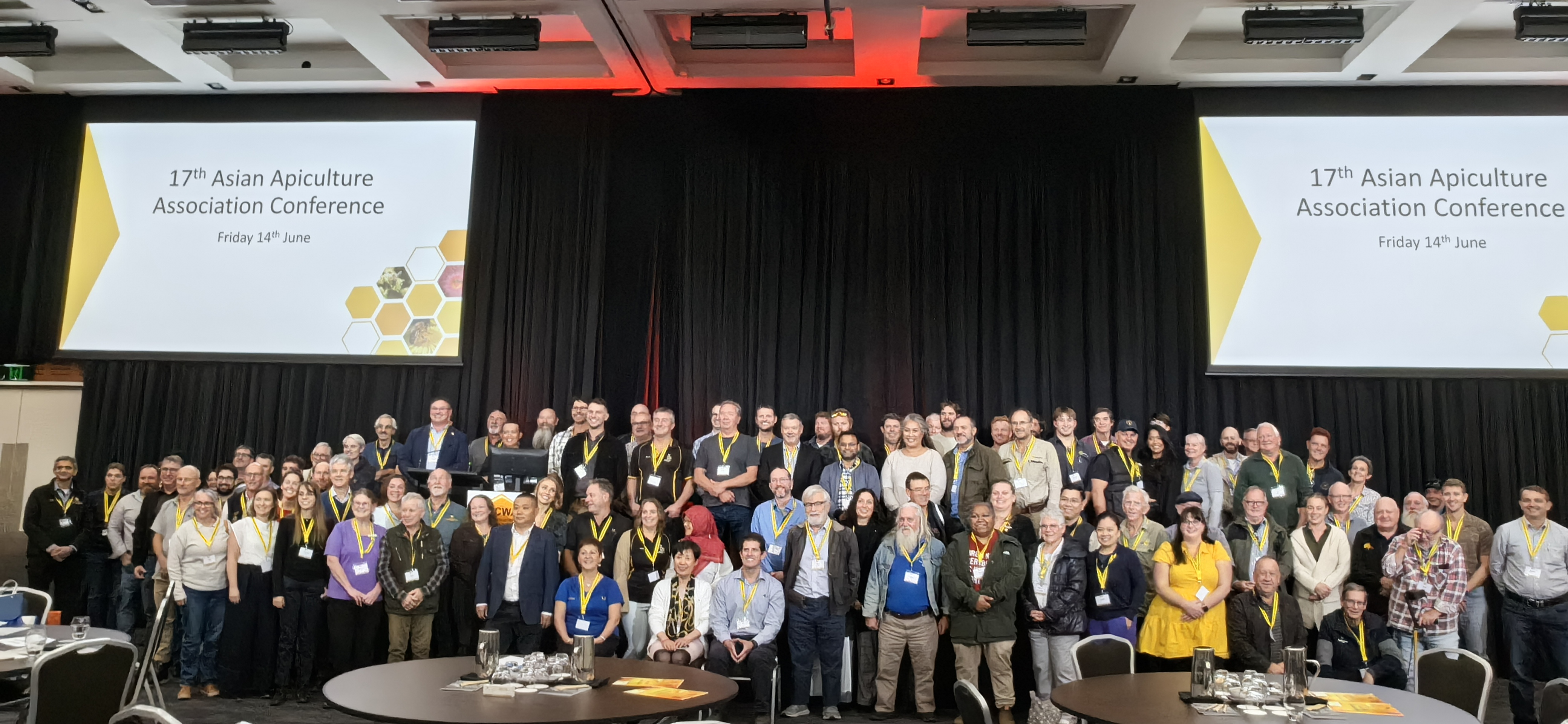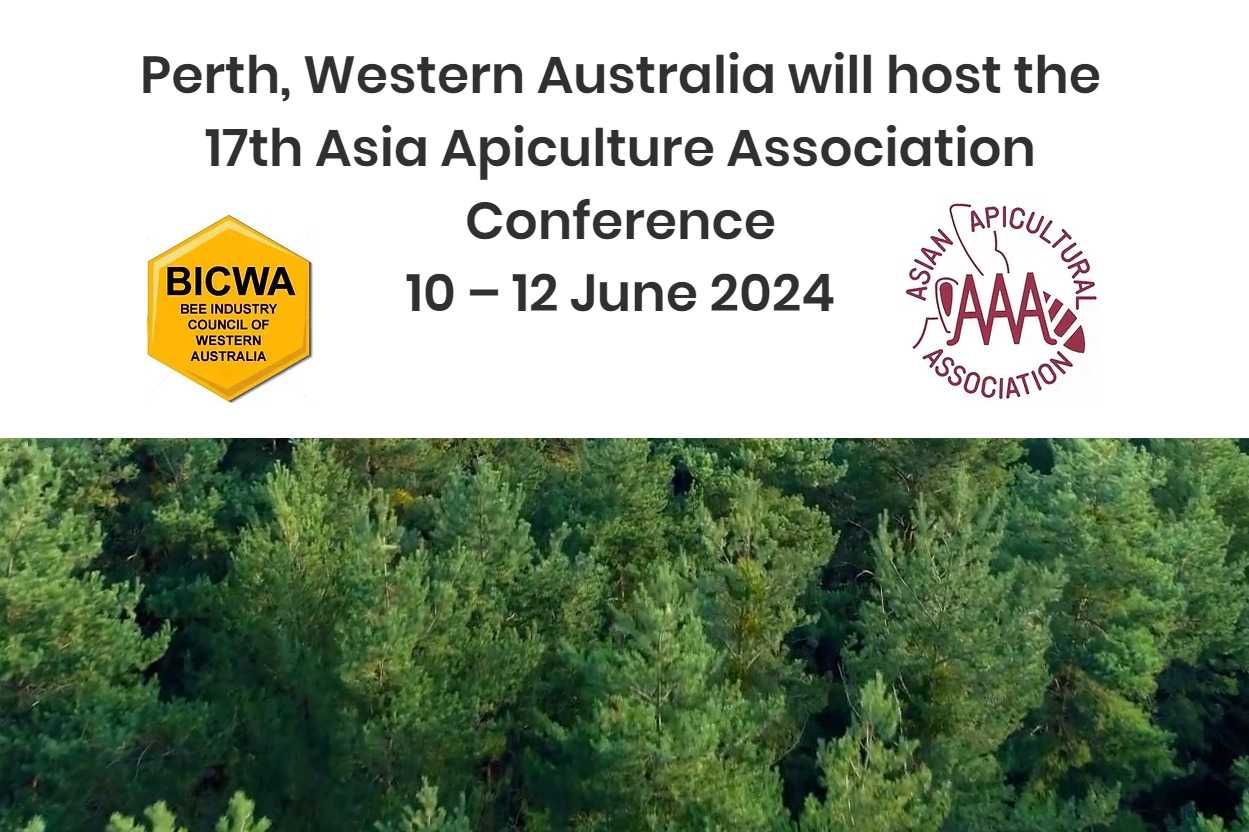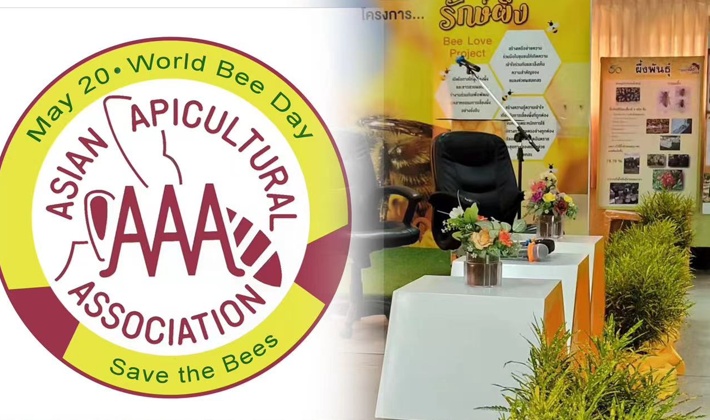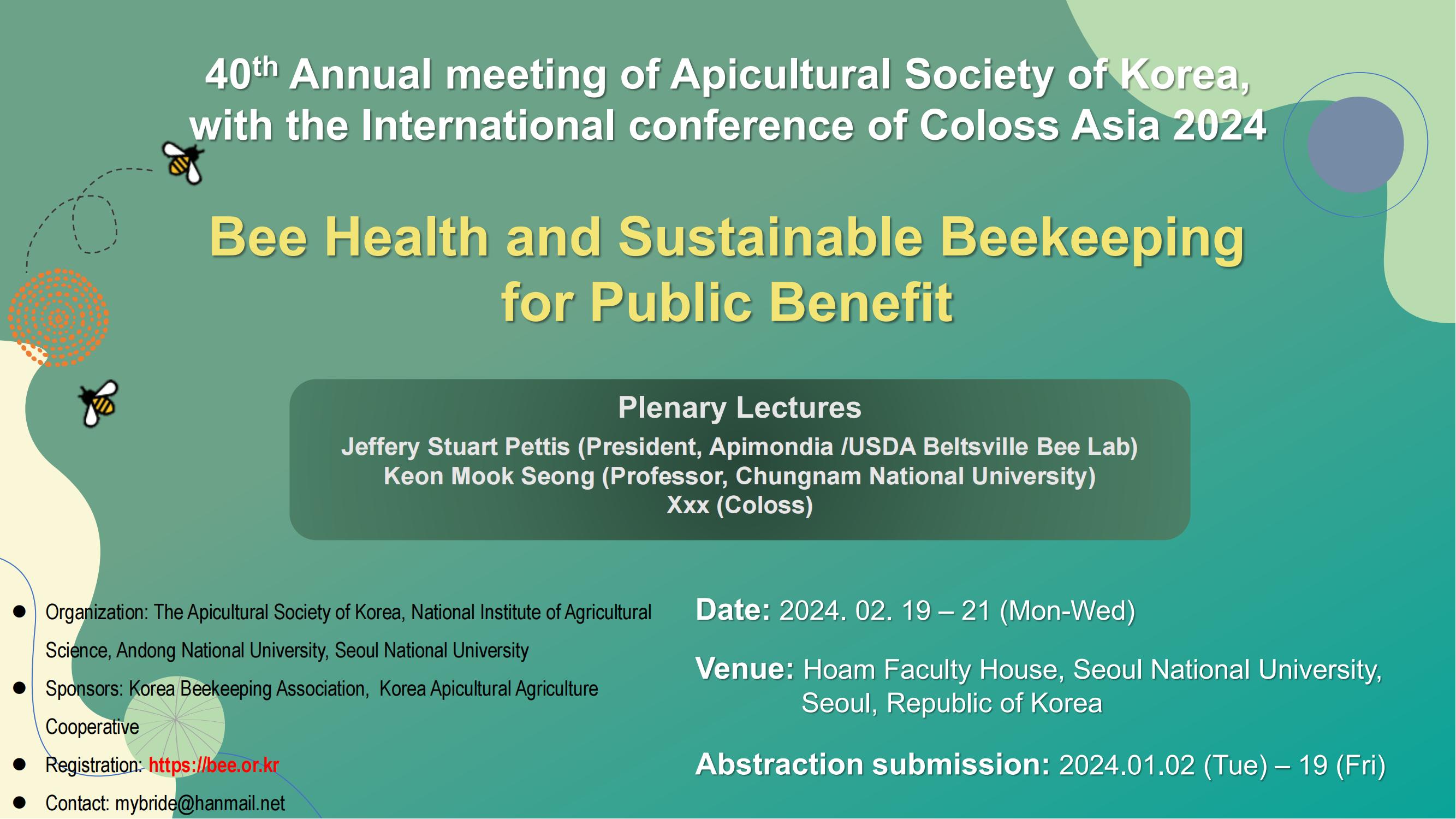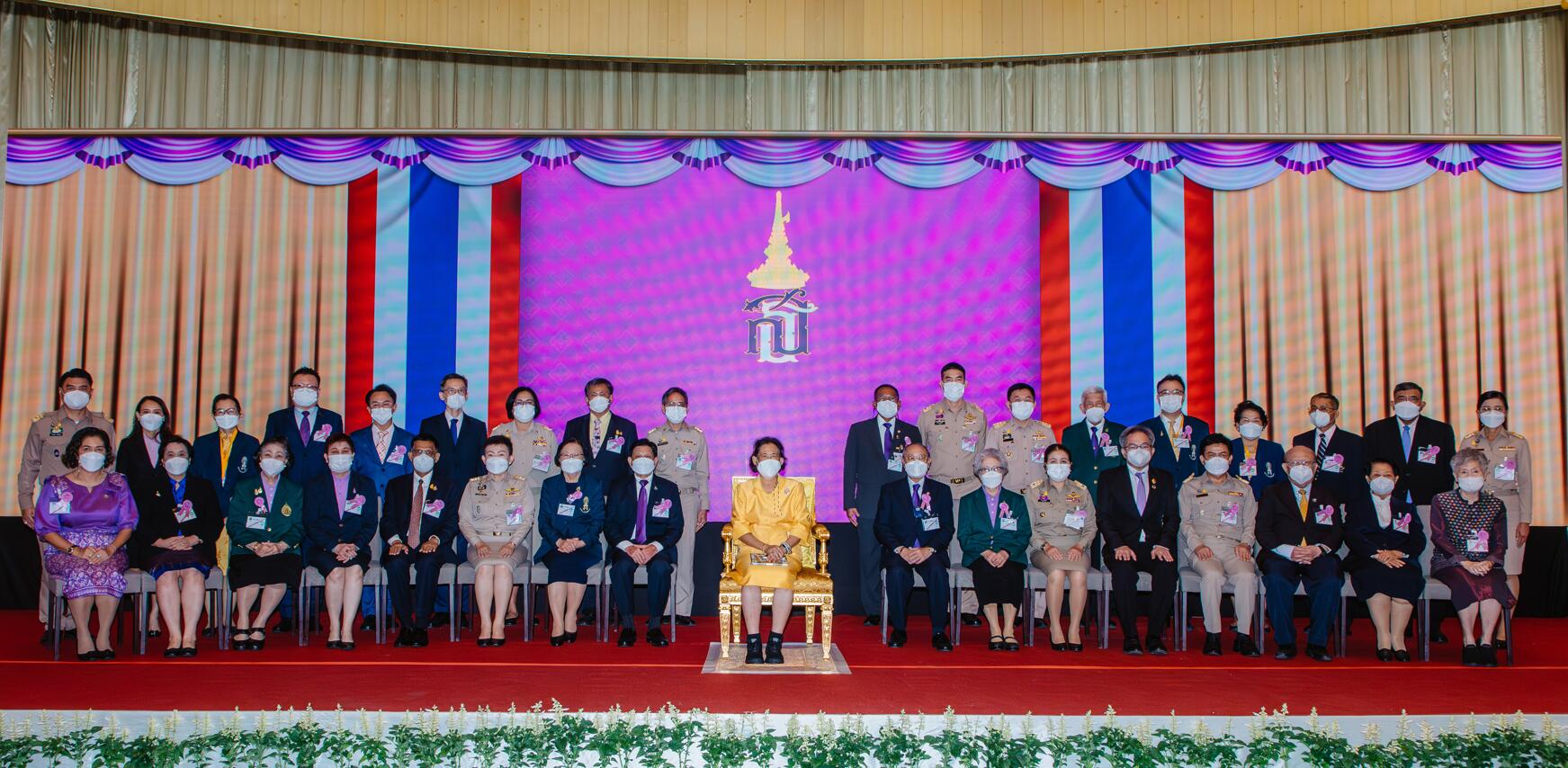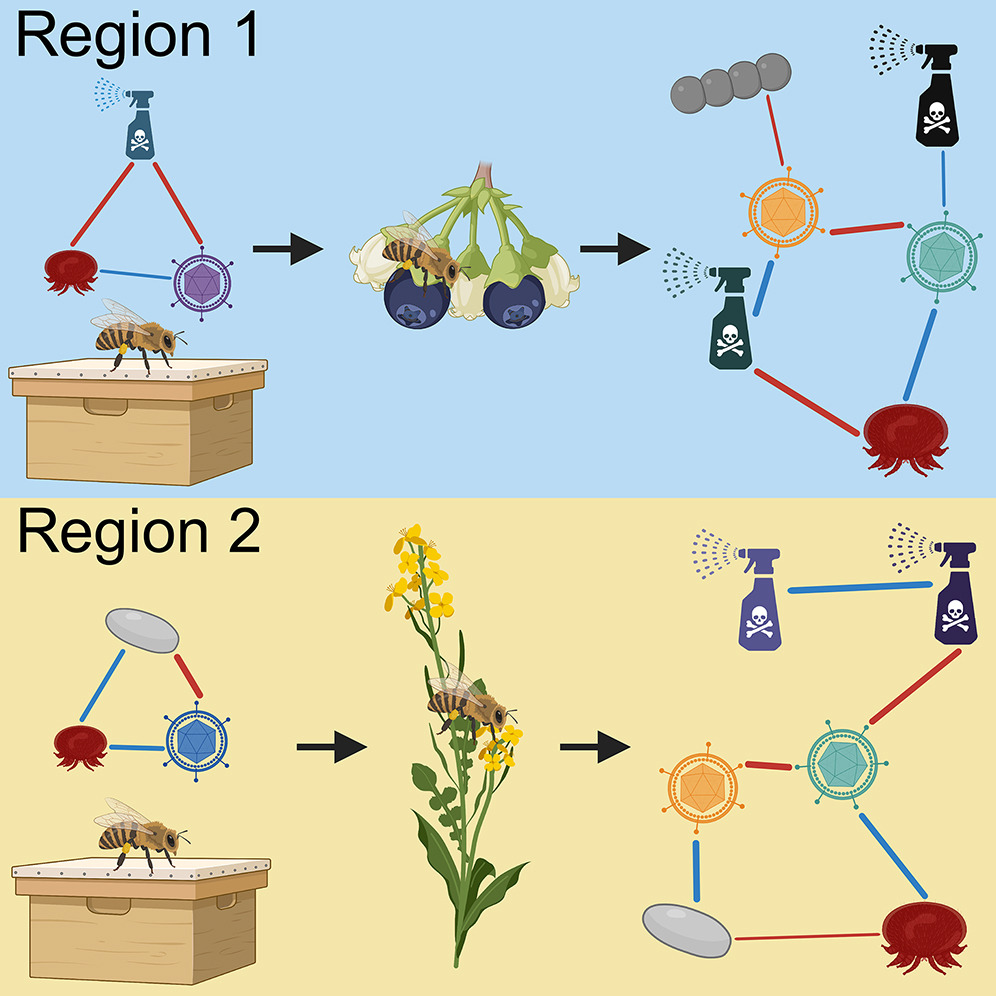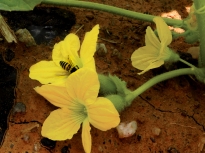
Bee Engaged
The virtual Bee Engaged event, organized by FAO with the technical and financial support of the International Federation of Beekeepers' Associations (Apimondia), the Chinese Academy of Agricultural Sciences (CAAS) and the Apicultural Science Association of China (ASAC), and the Republic of Slovenia, marks World Bee Day 2020, and will focus on apiculture and good practices adopted by beekeepers to support their livelihoods, deliver quality products and ecosystem services.
The recent COVID-19 pandemic has had an undeniable impact on beekeeping and livelihoods in the sector. The online event will explore the role of beekeeping in supporting rural communities and improving food and nutrition security during this challenge.
The event will highlight the importance of bees and beekeeping, including traditional knowledge and practices, the use of bee-derived products and services, and their role in achieving the Sustainable Development Goals (SDGs).
Why World Bee Day?
By observing this day each year, we raise awareness on the essential role bees and other pollinators play in keeping people and the planet healthy, and on the many challenges they face today.
Slovenia, together with FAO, was instrumental in establishing World Bee Day through a UN General Assembly resolution in 2017, with support from Apimondia.
The date of 20 May was selected to celebrate World Bee Day every year, as it marks the birth of Anton Janša, the Slovenian pioneer of modern apiculture.
Key contributors: the importance of bees and other pollinators
Pollination is one of the most important mechanisms in the maintenance and promotion of biodiversity and, in general, life on Earth. Many ecosystems, including many agro-ecosystems, depend on pollinator diversity to maintain their overall biological diversity and functioning.
Pollination also benefits society by increasing food security, improving livelihoods, and making a significant contribution to the global economy: three out of four crops across the globe producing fruits or seeds for human use as food depend, at least in part, on pollinators, and the great majority of them are pollinated by many of the estimated 20,000-plus species of bees. The annual value of this service worldwide is considered to be between USD 65 and 70 billion.
Threats to bees and pollinators
The diversity of bees and other pollinators worldwide is falling. This concerning trend is caused by a number of factors, including widespread use of unsustainable farming practices, mono-cropping, excessive use of agricultural chemicals, and the effects of climate change and climate variability.
Changes in land use and landscape structure, intensive agricultural practices, monocultures and inappropriate use of pesticides have led to large-scale losses, fragmentation and degradation of their habitats. Pests and diseases resulting from reduced resistance of bee colonies and from globalization, which facilitates the transmission of pests and diseases over long distances, also pose a significant threat.
Climate change and variability have also caused negative impacts. Higher temperatures, droughts, floods, and other extreme climate events and changes of flowering time hinder pollination, largely by desynchronizing the demand (flowers in bloom) with the supply of service providers (abundant and diverse populations of pollinators).
How sustainable agriculture can help
Sustainable agriculture encompasses a variety of approaches aimed at increasing production and productivity across agriculture and food systems, while facilitating progress along the three dimensions of sustainability: the social, environmental and economic.
Through methodologies such as Agroecology, which safeguards ecosystem functions and services, and Climate-Smart Agriculture, which strives to curb the impacts of climate change and variability, sustainable agriculture provides a set of tools and approaches that can help reduce the threat to bees and pollinators. Bees themselves are used as environmental health monitors for several parameters that help ensure sustainable ariculture approaches are being implemented.
By facilitating the transition to more productive and sustainable agriculture and food systems, FAO champions the protection of bees and the wide variety of benefits they provide.
Farmers can make a significant contribution by, for example, limiting the use of pesticides, diversifying and planting crops attractive to bees, or planting and keeping hedgerows. The close collaboration, timely communication and interaction between farmers and beekeepers in this area can yield significant mutual benefits.
Bees and the Sustainable Development Goals
Bees contribute significantly to the achievement of many SDGs.
Pollinators affect an estimated 35 percent of global agricultural land, supporting the production of 87 of the leading food crops worldwide. These bees and pollinators play an essential role in helping to feed a growing world population in a sustainable way, contributing towards SDG 2: Zero hunger.
Bees also help maintain biodiversity and a vibrant ecosystem (SDG 15: Life on land), and contribute to building resilient livelihoods and creating new jobs, for poor smallholder farmers in particular, satisfying the growing demand for healthy, nutritious food as well as non-food products (SDG 1: No poverty, and SDG 9: Industrial innovation and infrastructure).
Furthermore, while being the highest agricultural contributor to yields worldwide, pollination also has the potential to increase yields by a quarter (SDG 8: Decent work and economic growth).
webpage: http://www.fao.org/sustainability/news/detail/en/c/1276259/
|
